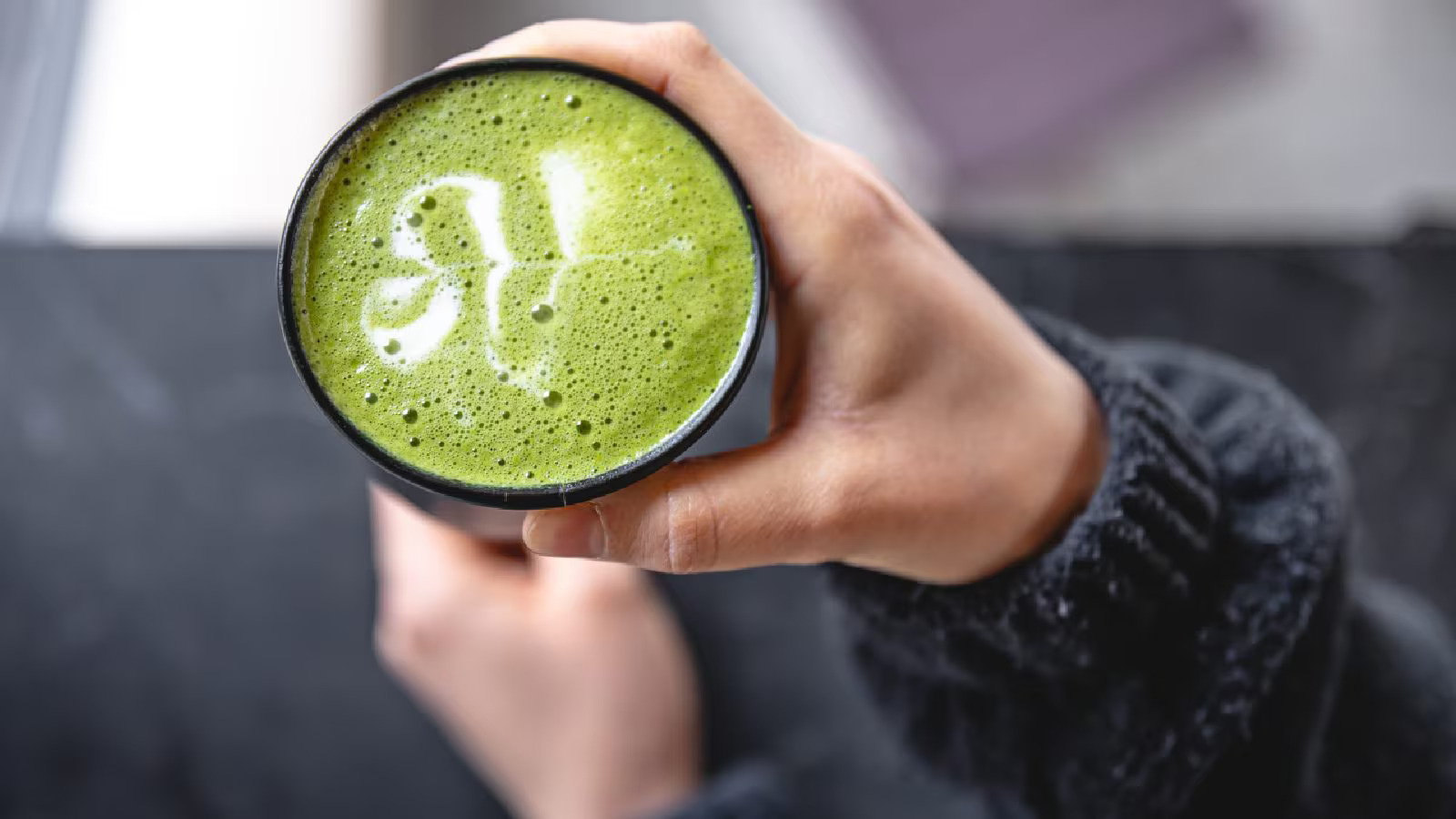Matcha is packed with antioxidants, but can excessive intake lower your iron levels? Discover how matcha affects iron absorption and how to consume it safely for your health.

Matcha May Be Healthy, But Is It Stealing Your Iron?
Matcha—the finely ground green tea powder that’s taken the wellness world by storm—is beloved for its antioxidant-rich profile, calming energy, and metabolism-boosting benefits. But here’s a lesser-known truth: drinking too much matcha can interfere with iron absorption, potentially leading to deficiency over time.
Yes, your daily green latte could be affecting more than just your energy levels.
Read more about: Matcha Men Rising: How Green Tea Is Brewing a Cultural Shift in Masculinity
What’s in Matcha That Affects Iron?
Matcha is rich in tannins and polyphenols, especially catechins like EGCG (epigallocatechin gallate). While these compounds are powerful antioxidants that fight inflammation and chronic disease, they also bind to non-heme iron (the type found in plant-based foods), making it harder for your body to absorb this essential mineral.
Scientific Evidence: Matcha & Iron Absorption
- A 2013 study published in the American Journal of Clinical Nutrition showed that consuming polyphenol-rich teas (like matcha or green tea) can reduce iron absorption by up to 60-90% when consumed with meals.
- Matcha has 2–3 times more EGCG than regular green tea, which makes its impact even stronger in high amounts.
- Over time, consistent intake right after meals may lead to gradual iron depletion, especially in individuals already at risk (vegetarians, pregnant women, menstruating women, athletes, and children).
Symptoms of Iron Deficiency to Watch Out For
- Fatigue or low energy
- Pale skin or dark circles
- Shortness of breath
- Frequent headaches or dizziness
- Cold hands and feet
- Hair thinning
If you’re a daily matcha drinker and experiencing these symptoms, it may be time to evaluate your iron levels.
How to Drink Matcha Without Harming Iron Absorption
1. Time It Right:
Avoid drinking matcha with or immediately after iron-rich meals. Wait at least 1–2 hours after eating.
2. Pair It With Vitamin C:
Vitamin C increases non-heme iron absorption. If you’re drinking matcha regularly, include vitamin C-rich foods like oranges, bell peppers, or lemons in your meals.
3. Limit Your Intake:
Stick to 1–2 servings per day of matcha (each ½ tsp to 1 tsp powder). More than that, especially over the long term, may interfere with mineral balance.
4. Monitor Iron Levels:
If you’re in a high-risk group, consider regular iron checks through blood tests. Always consult your doctor before making changes to your diet.
Bottom Line
Matcha is a superfood—but like all good things, moderation is key. While it offers powerful health benefits like antioxidant protection, improved focus, and weight management, excessive consumption can inhibit iron absorption, potentially leading to fatigue and deficiency.
Balance is better than overdoing it. Sip smart.
